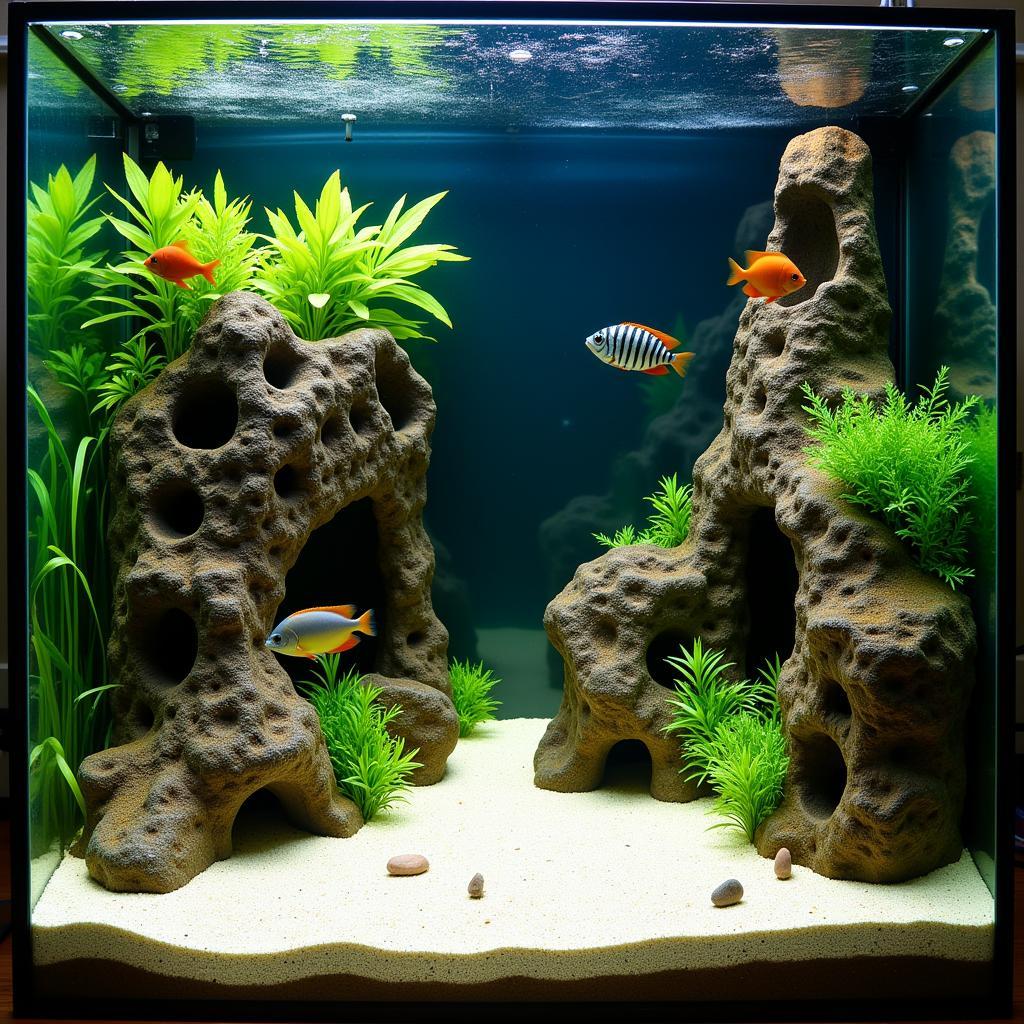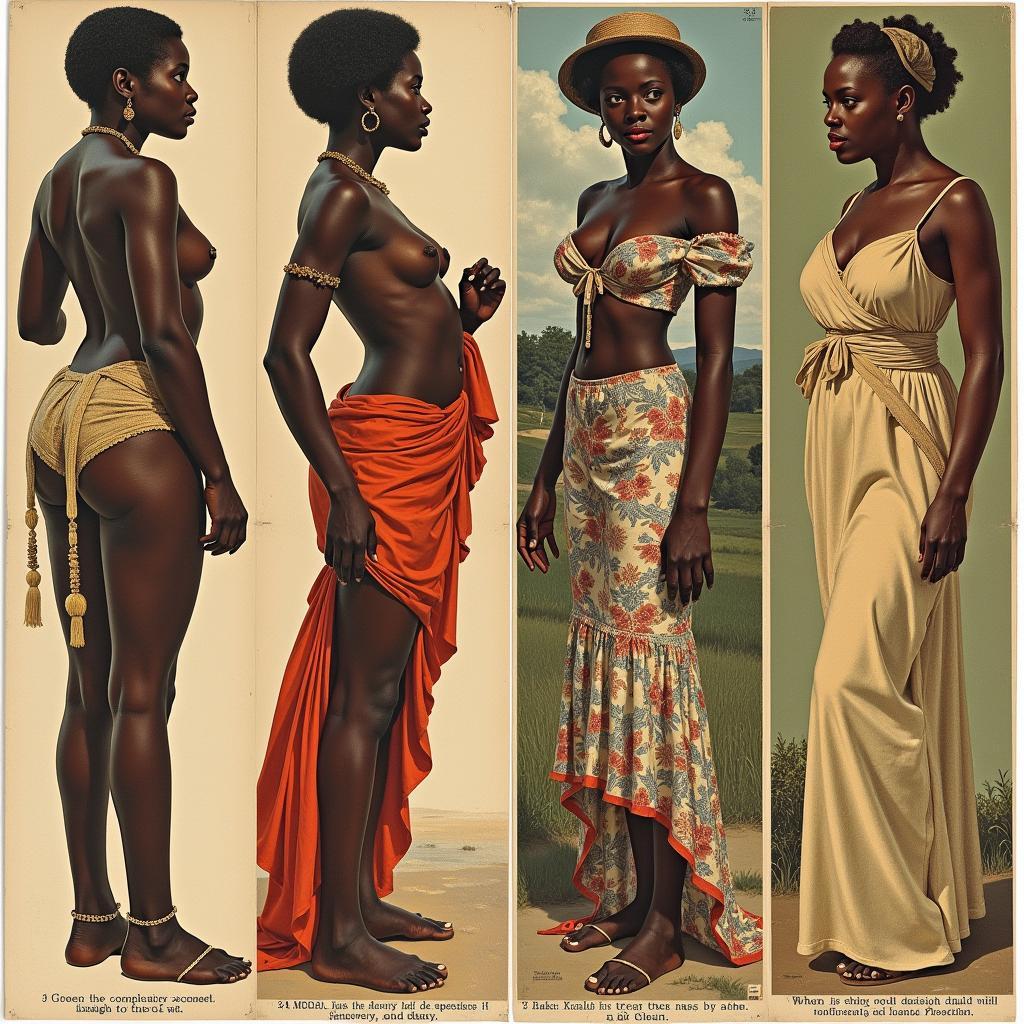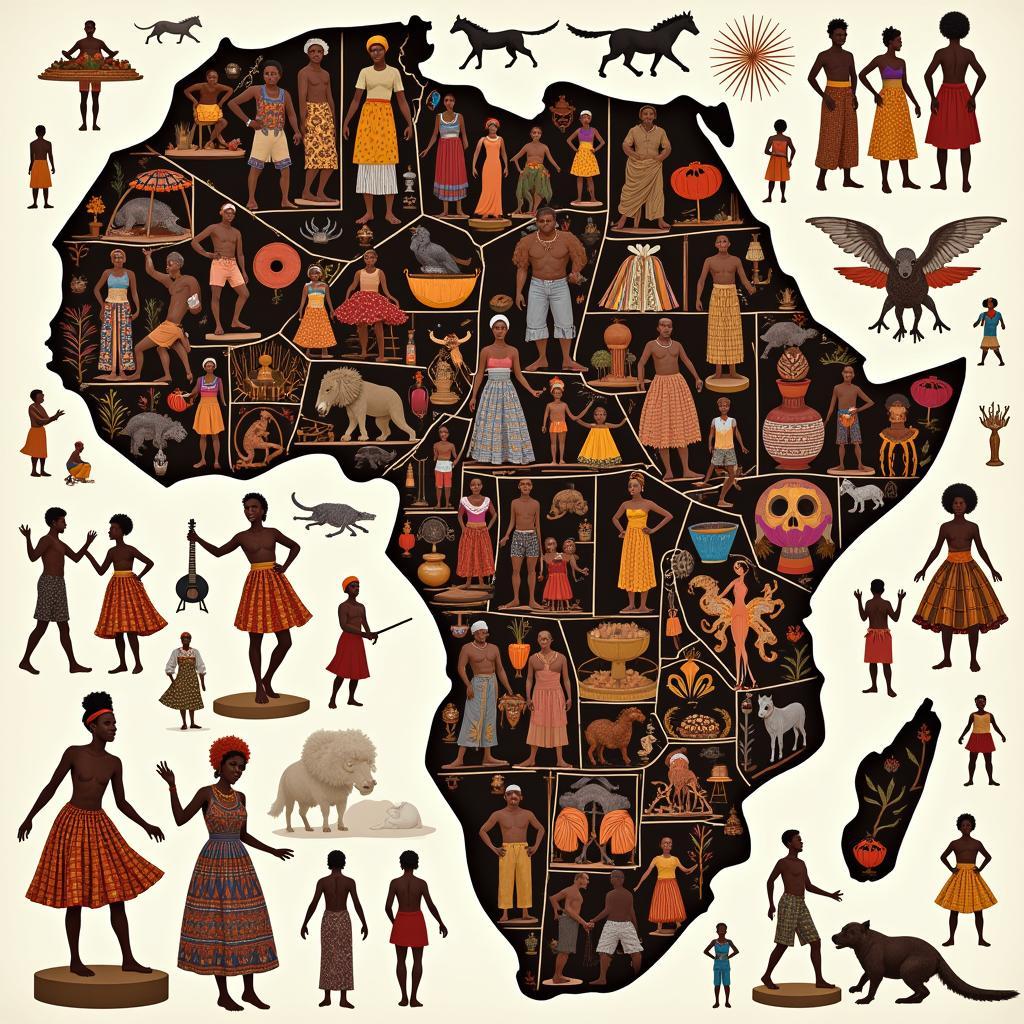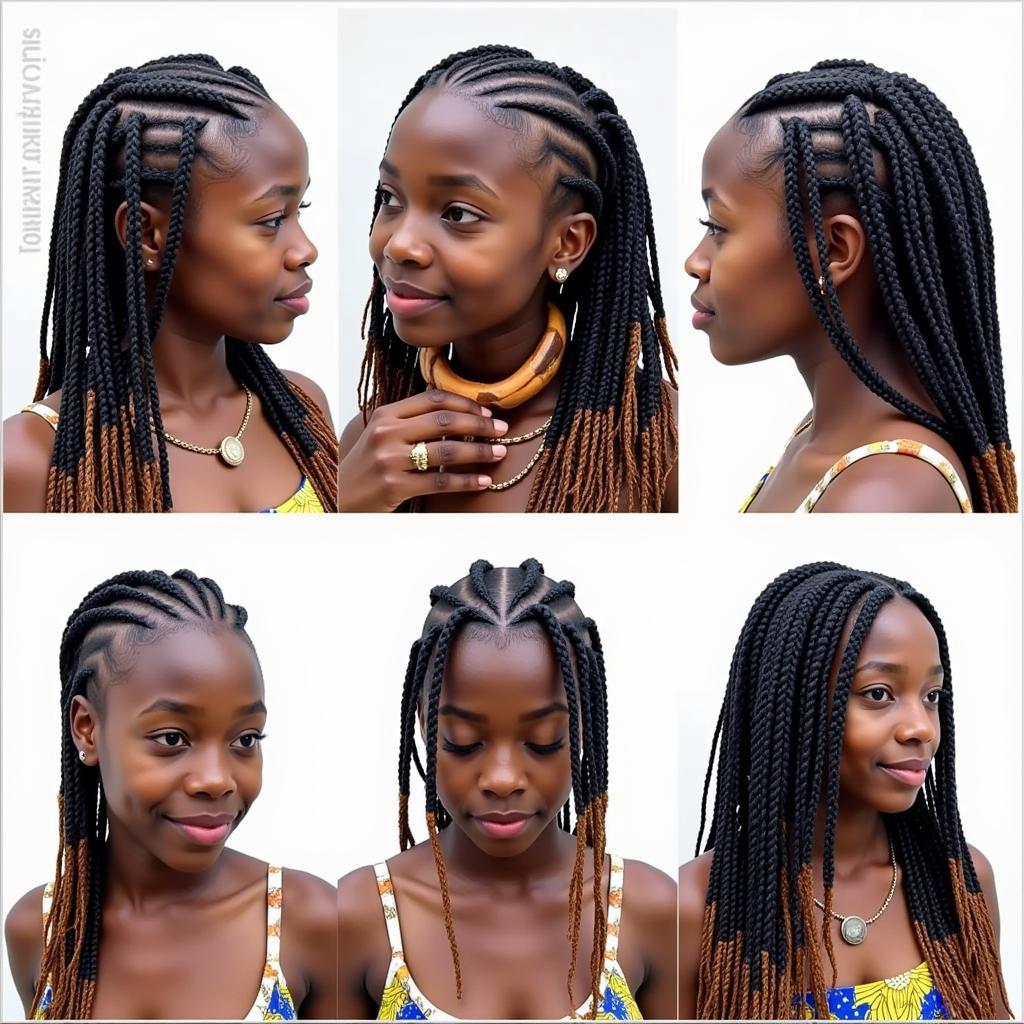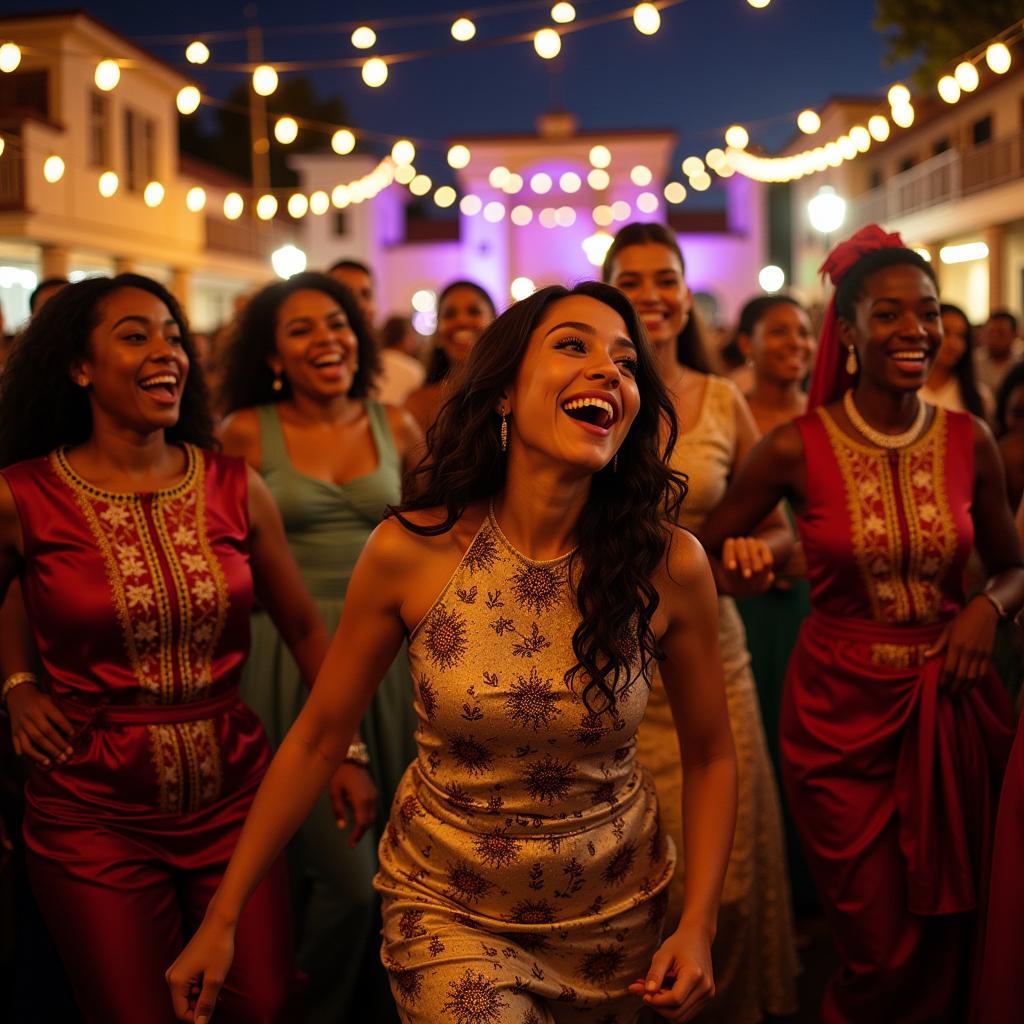African Gray vs. Galah: Choosing the Right Companion Parrot
African grays and galahs are two popular parrot species sought after for their beauty and intelligence. Choosing between these two fascinating birds requires careful consideration of their unique characteristics, care requirements, and your lifestyle. This guide delves into the key differences between African grays and galahs, helping you make an informed decision on which feathered friend is the perfect fit for your home.
Temperament and Personality: Gray vs. Pink
African grays are renowned for their exceptional intelligence and ability to mimic human speech. They are often described as reserved and sensitive, requiring a gentle and understanding approach. Their intelligence can also lead to boredom if not provided with sufficient mental stimulation. Galahs, on the other hand, are known for their boisterous and playful personalities. They are highly social birds that thrive on interaction and enjoy being the center of attention. Their energetic nature means they need plenty of space and opportunities to exercise. While both species can form strong bonds with their owners, their distinct temperaments make them suitable for different lifestyles.
Are you looking for a quiet, intellectual companion or a lively, energetic friend? The answer to this question will greatly influence your choice between an African gray and a galah.
Care and Maintenance: A Deeper Dive
Both African grays and galahs require a significant time commitment and resources. African grays, with their sensitive nature, are prone to stress and require a consistent routine and a calm environment. Their diet should consist of high-quality pellets, supplemented with fresh fruits, vegetables, and healthy nuts. Galahs, being highly active, need a spacious cage and plenty of toys to keep them entertained and prevent destructive behaviors. They also require a varied diet of seeds, fruits, vegetables, and pellets.
Which bird best suits your daily schedule and living situation? Consider the space you can provide, the time you have for interaction and training, and your ability to maintain a consistent routine.
Talking Abilities: The Gray’s Claim to Fame
African grays are widely recognized as one of the most skilled talking birds. They can learn a vast vocabulary and even mimic human voices with remarkable accuracy. While galahs can also learn to talk, their vocabulary is generally more limited, and their vocalizations tend to be whistles, screeches, and other natural sounds. If the ability to have conversations with your parrot is a priority, then an African gray is the clear winner.
Do you envision having engaging conversations with your feathered friend? Think about your expectations for vocal interaction when choosing between these two species.
Lifespan and Commitment: A Long-Term Relationship
Both African grays and galahs are long-lived birds, with lifespans ranging from 40 to 80 years. Owning either species requires a significant long-term commitment. Are you prepared to provide a loving and stimulating home for a parrot for several decades? This is a crucial question to ask yourself before bringing either of these birds into your life.
Before making a decision, consider the long-term implications of parrot ownership. Are you prepared for the commitment and responsibility that comes with caring for these intelligent and long-lived companions?
Conclusion: The Perfect Parrot for You
Choosing between an African gray and a galah ultimately depends on your individual preferences, lifestyle, and the environment you can provide. African grays offer intellectual companionship and impressive talking abilities, while galahs bring playful energy and vibrant personalities to the home. Carefully consider the characteristics of each species and your own capabilities to ensure a happy and fulfilling relationship with your feathered companion. Both the African Gray And Galah can be rewarding pets for the right owner.
FAQ:
- What is the average lifespan of an African gray? (40-80 years)
- Are galahs good talkers? (They can learn some words, but their vocalizations are primarily natural sounds.)
- What kind of diet do African grays need? (High-quality pellets, fresh fruits, vegetables, and healthy nuts.)
- How much space does a galah need? (A spacious cage with plenty of toys and room to move around.)
- Are African grays prone to any health issues? (Yes, they can be sensitive to stress and require a consistent routine.)
- Do galahs require a lot of attention? (Yes, they are social birds and thrive on interaction.)
- What is the best way to train an African gray? (Positive reinforcement methods, using rewards and praise.)
Need more help? Contact us! Phone: +255768904061, Email: [email protected] or visit us at Mbarali DC Mawindi, Kangaga, Tanzania. We have a 24/7 customer service team.
